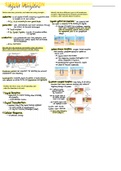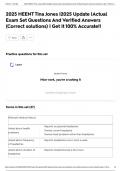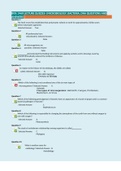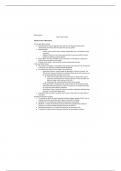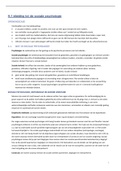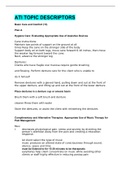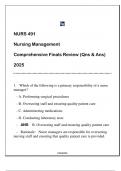- Art 28-33 TFEU provide the foundations for a customs union by eliminating customs
duties between MS and by establishing a common customs tariff
- Art 34-37 TFEU provides the free movement of goods
Article 34 TFEU:(imports)
“Quantitative (limit) restrictions on imports and all
measures having equivalent effect shall be prohibited
between Member States.”
A quantitative restriction, sometimes known as a quota is a
measure that limits the number, volume, or value of a particular
goods that can be imported or exported.
Pure quotas are generally being phased out around the world,
though tariff quotas are still commonplace. These are limits on the
quantity of particular goods that can be imported at a lower tariff
rate – in other words, you can import in excess of the quota
provided you’re willing to pay.
Quantitative restrictions have been prohibited within the EU since
the Treaty of Rome. The more difficult issue has always been rules
and regulations that, though they do not explicitly limit imports or
exports, they have the effect of doing so. These are known as
measures equivalent to quantitative restrictions (MEQRs).
There are, however, circumstances in which such measures can be
justified. These were recognised from the outset, and are contained
in what is now Article 36 TFEU.
Article 36 TFEU: (exception, defence)
The provisions of Articles 34 and 35 shall not preclude
prohibitions or restrictions on imports, exports or goods
in transit justified on grounds of public morality, public
, policy or public security; the protection of health and
life of humans, animals or plants; the protection of
national treasures possessing artistic, historic or
archaeological value; or the protection of industrial and
commercial property. Such prohibitions or restrictions
shall not, however, constitute a means of arbitrary
discrimination or a disguised restriction on trade
between Member States.
- Article 34 prohibits quantitative restrictions, and all measures having
equivalent effect, on imports;
- A measure which infringes Articles 34 or 35 is prima facie contrary to EU law;
- However, Article 36 provides that Articles 34 or 35 will not apply to certain
restrictions, justifiable on various grounds, which are not disproportionate
- In addition to this, the ECJ has developed its own line of case law, allowing
justifications on other grounds (provided they are not disproportionate)
Measures Equivalent to Quantitative Restrictions (MEQRs)
Directive 70/50/EEC (no longer in force) set out in detail some
examples that should be regarded as MEQRs, however our basic
definition of an MEQR can be found in Dassonville.
● Case 8/74, Dassonville [1974] ECR 837.
- Dassonville imports Scotch whisky from France to Belgium.
- Belgium requires import certificate. Dassonville argues that the
requirement that he have an origin certificate is contrary to Article 34
TFEU.
- Forged import certificate. Criminal trial, preliminary reference to ECJ
- Held that “any measure capable of hindering, directly or indirectly,
actually or potentially, the free movement of goods” is prohibited by
Art. 34 TFEU – the Dassonville formula.
- (the formula extends Article 34 to any measure that might affect trade, as
well as measures that definitely would affect trad, or have actually done
so)






